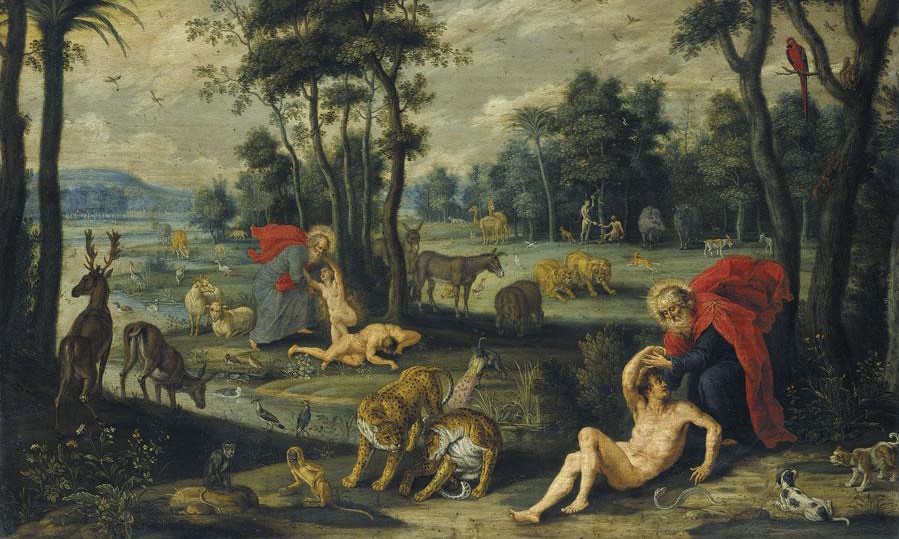Sed Contra: An Essay on the Modern Culture
A “sed contra” essay is to engage a cultural concern and to address it with the help of some philosophical or theological authority. A “sed contra” essay will be published once per month during the academic year.
Objection: A parent’s job is to train his or her child to be independent, to be most fully who the child chooses to be. Anything less than this is to be a parental failure. The best form of this is found in parents who raise their children as “theybies.” This parental strategy is based on the following line of reasoning: Children are happiest when they are most free, freedom is the ability to choose what one wishes, gender is a social construct and can be chosen, therefore, children will be most happy when they are able to choose their gender with no outside influence on that choice.
On the Contrary, as Ephesians 6:4 says, “Fathers, do not provoke your children to anger, but bring them up with the training and instruction of the Lord.”
Parents, even today, tell their children not to touch hot stoves. And why do they so constrain the child’s free expression? Because it’s not a good expression of freedom, since it harms the child. A good and true expression of freedom is one that fulfills the person according to what they are—a human being. Who a child is depends upon what she is. Bad expressions of freedom don’t take this into account. A child will be less fulfilled and, in a small way, less able to act well as a person if she suffers serious burns. So, little Sally’s full self-expression of who she is will be hindered because of the harm done to what she is (a human with two hands that are meant to function well).
Happiness, living a truly human life, works in a similar way. We first need to understand what we are, then who we are can truly shine forth. Children are not formless blobs of atoms. They have an intellect to know the truth and a will to love the good. This means that to fully flourish, to be a well-developed person, is to be a knower and a lover—to be excellent at knowing and loving. But how does one become an excellent knower of the truth and an excellent lover of the good?
Isaac Stern, an expert violinist, once met an elderly fan of his who effusively told him “I’d give my life to play the violin like you!” In response, Stern told her “Lady, that I did!” Even those who are naturally gifted or child prodigies need training in their art or trade. In a similar way, the education that parents provide their children—financial, academic, athletic, and psychological—are all meant to help the child live the fullest, most happy life possible. But the most important training parents can provide their children is the truth about what it means to be human. Children need to know and to love what they are.
What are humans? We are the kind of beings who are in relation to others. First and foremost, we are made and sustained (at this moment!) by the Creator. He created us with a specific nature. This nature—this what—is the grounding for our expression of who we are; the who is not expressed by changing the what. If you change the what, there is no who possible. God made us male and female. This profound gift allows us to be fulfilled “whos” precisely as male or female human persons, male or female knowers and lovers.
In light of this, we can say that the parental mandate (and privilege) of educating and training a child must first take account of the nature of the person being raised. Children are not dogs (so they ought not be fed on the floor), nor are they snakes (so they ought not be put in an aquarium). Children are sons and daughters of God—so they ought to be taught what they are, so that their who can be built on a firm foundation.
✠
Image: Isaac Van Oosten, The Creation of Adam and Eve







